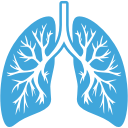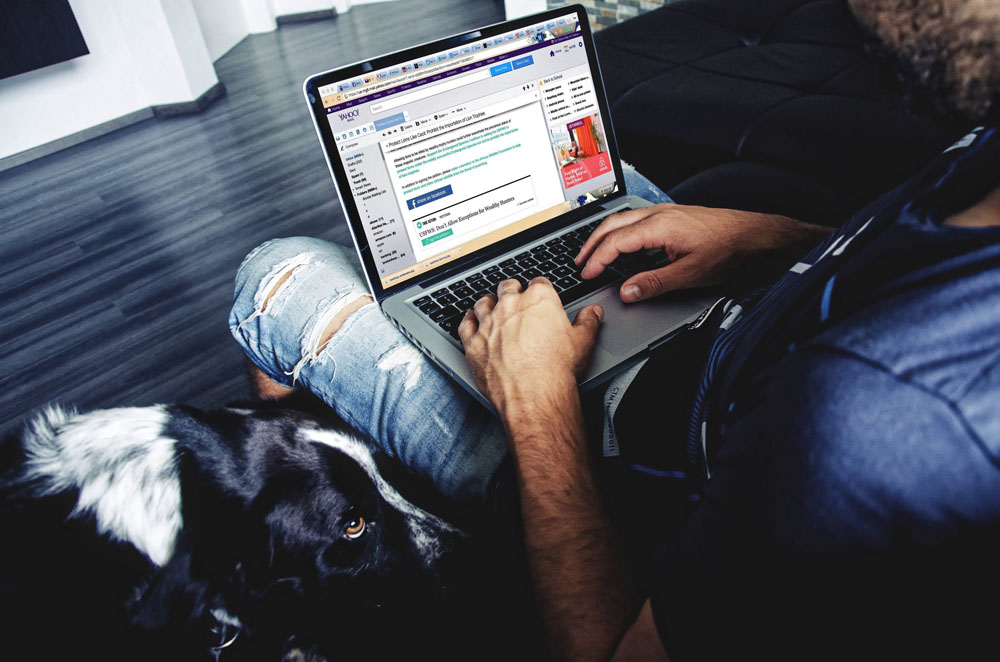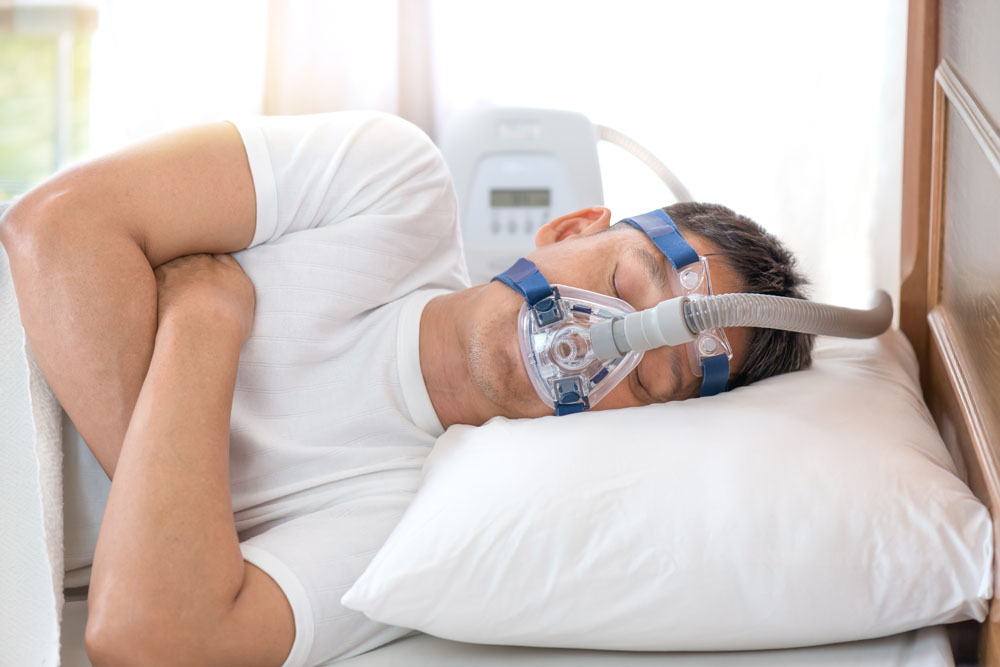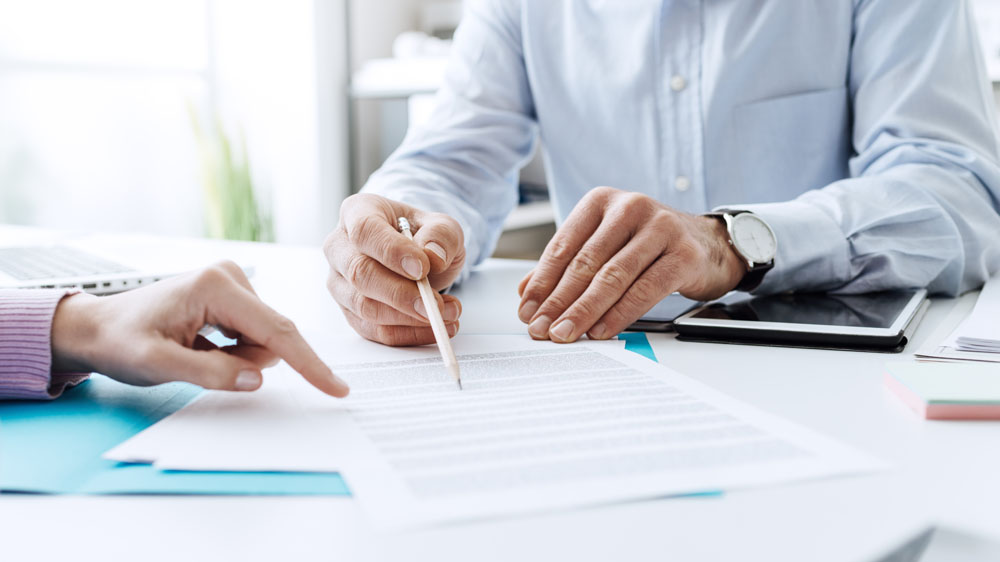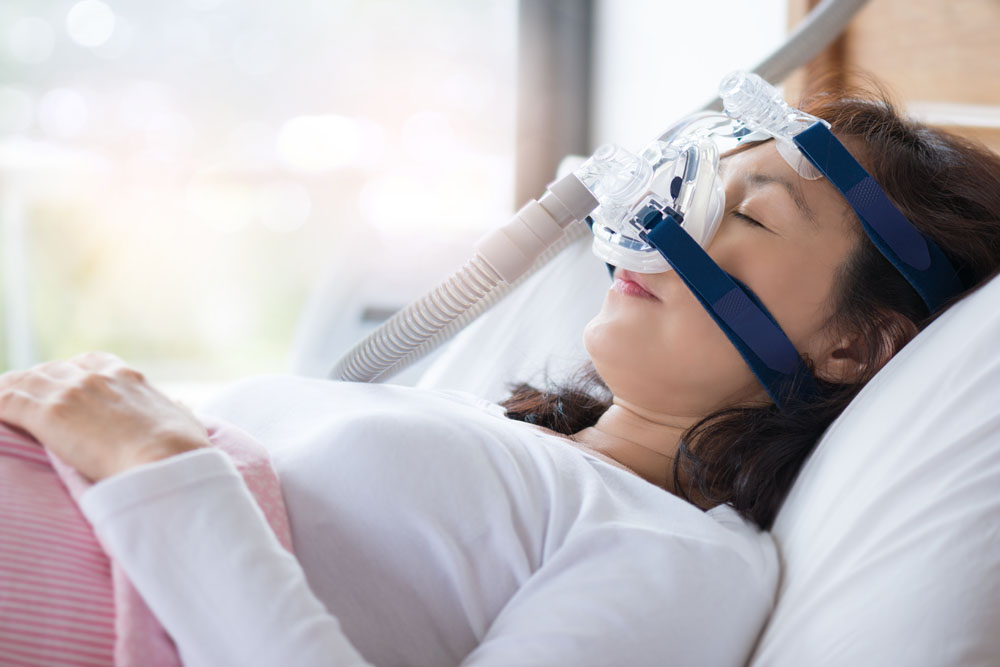Treatment Services
-
Continuous Positive Airway Pressure (CPAP) Therapy
A CPAP device creates pressurized airflow, making it easier for you to breathe during sleep by keeping the upper airway open. CPAP therapy is effective for mild, moderate, severe and very severe cases of OSA.
-
Bi-Level Positive Airway Pressure (BIPAP) Therapy
A BIPAP device creates pressurized airflow with an inhalation and expiratory pressure, making it easier for you to breathe during sleep by keeping the upper airway open. BIPAP therapy is effective for mild, moderate, severe and very severe cases of OSA and CSA.
-
Adaptive Servo Ventilation (ASV)Therapy
An ASV device detects reductions or pauses in breathing and creates pressurized airflow which continuously adjusts to maintain regular breathing patterns during sleep. ASV therapy is effective for mild, moderate, severe and very severe cases of CSA.
-
Replacement supplies and PAP equipment
The supplies for CPAP, BIPAP and ASV therapies should be replaced on a regular basis to maintain the most effective levels of therapy and patient safety. We offer a large selection from the top manufacturers in masks, tubing, filters and other accessories.
-
Ongoing Treatment Support
Our therapists and staff are available to assist you in acclimation to therapy and provide ongoing support for any issues or questions with your therapy, supplies and/or equipment to ensure the most successful outcome for your health. Meet face-to-face with your therapist or receive support by phone Monday-Friday or by appointment outside of regular office hours.






